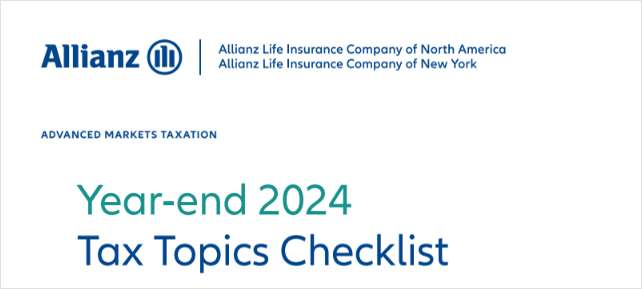Exchange-traded fund strategists at Deutsche Asset Management present a bold new idea: Fully hedging the currency risk of international equities should be considered the "new neutral" when making long-term asset allocation decisions.
Leaving exposure fully unhedged has often been considered to be the "default" position when investing internationally, according to Deutsche, largely because currency comes implicitly packaged with international equities.
"Most U.S. investors consider international equities through the lens of an unhedged benchmark. It's been their default for years. It's been their true north, so to speak," said Dodd Kittsley, head of ETF strategy at Deutsche Asset Management.
A new white paper from Deutsche, "The New Neutral: The long-term case for currency hedging," takes a deep look into currency and its long-term effect on international equities.
"From our research, we think the industry has it somewhat backwards," Kittsley said. "We believe that the default, the true north, for long-term strategic investors should indeed be considered a hedged international benchmark and a hedged international investment. It's a little bit bold in saying the industry's got the benchmark wrong or should potentially consider a more appropriate benchmark for a long-term investor, but that's why we're so excited about this report."
The paper's contributors – Kittsley, along with ETF strategists Robert Bush and Abby Woodham – were all on hand to discuss their findings during a media briefing in New York this week.
"The number one takeaway that we have in this piece is that a very compelling case can be made that strategic currency hedging makes economic sense, makes intuitive sense and can add a lot of value for investors," Kittsley said.
Through the team's analysis of the returns and risks from both hedged and unhedged currencies, they found that currency exposure did not have a positive expected return.
"The expected return was about zero, on all the currencies," Woodham explained. "So being unhedged with your international assets or particular international equities is not expected to improve your returns over time. On the return side it is not going to improve portfolio outcomes, which is a fairly standard view in the asset management world. Most asset managers assume that passively held currency exposure is not going to generate excess returns for your portfolio over time." Then looking at risk – which Woodham said "is something that I think has been a little less explored in the literature from up until now" – the team found that currency increased volatility in a portfolio.



